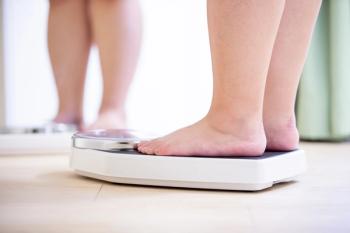
Obesity's stigma lingers for teenage girls who attain normal BMI
White teenage girls with obesity who lose weight may benefit physically, but the weight change does not guarantee a boost to their self-esteem. Why is it important to help patients overcome the negative stereotypes associated with obesity?
White teenage girls with obesity who lose weight may benefit physically, but the weight change does not guarantee a boost to their self-esteem.
A new
For the study, data was collected from the National Heart, Lung, and Blood Institute (NHLBI) Growth and Health Study (
The findings showed a difference in self-esteem levels between races. Self-esteem for black girls transitioning from the obese to the normal range rebounded compared with white girls; however, both races continued to have negative body perceptions.
"We found that obese black and white teenage girls who transitioned out of obesity continued to see themselves as fat, despite changes in their relative body mass," said
They suggest that the lingering self-esteem and self-image disadvantages associated with obesity exposure-even when weight is lost-reinforce the importance of tailoring sensitive, nonstigmatizing interventions for children.
The researchers note that the NGHS data set used for the findings is from the 1980s and 1990s and doesn't reflect today's higher obesity rates. The
Newsletter
Access practical, evidence-based guidance to support better care for our youngest patients. Join our email list for the latest clinical updates.








